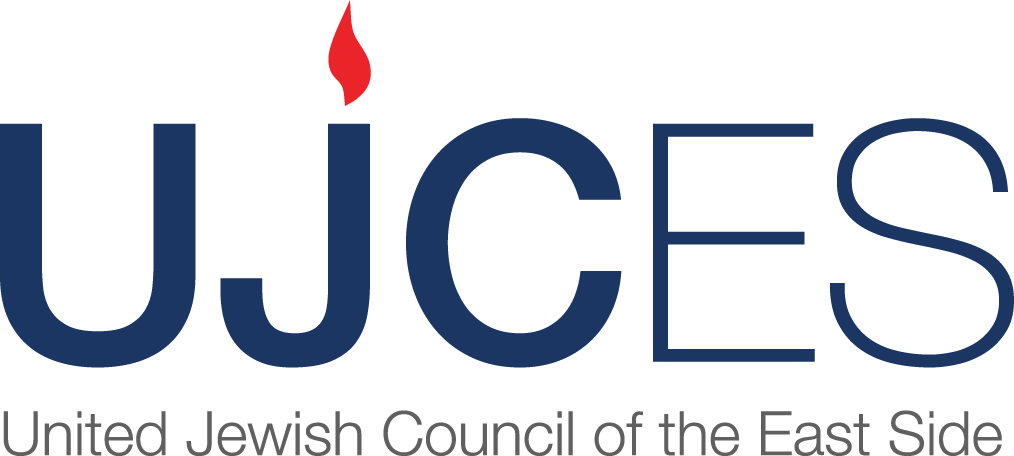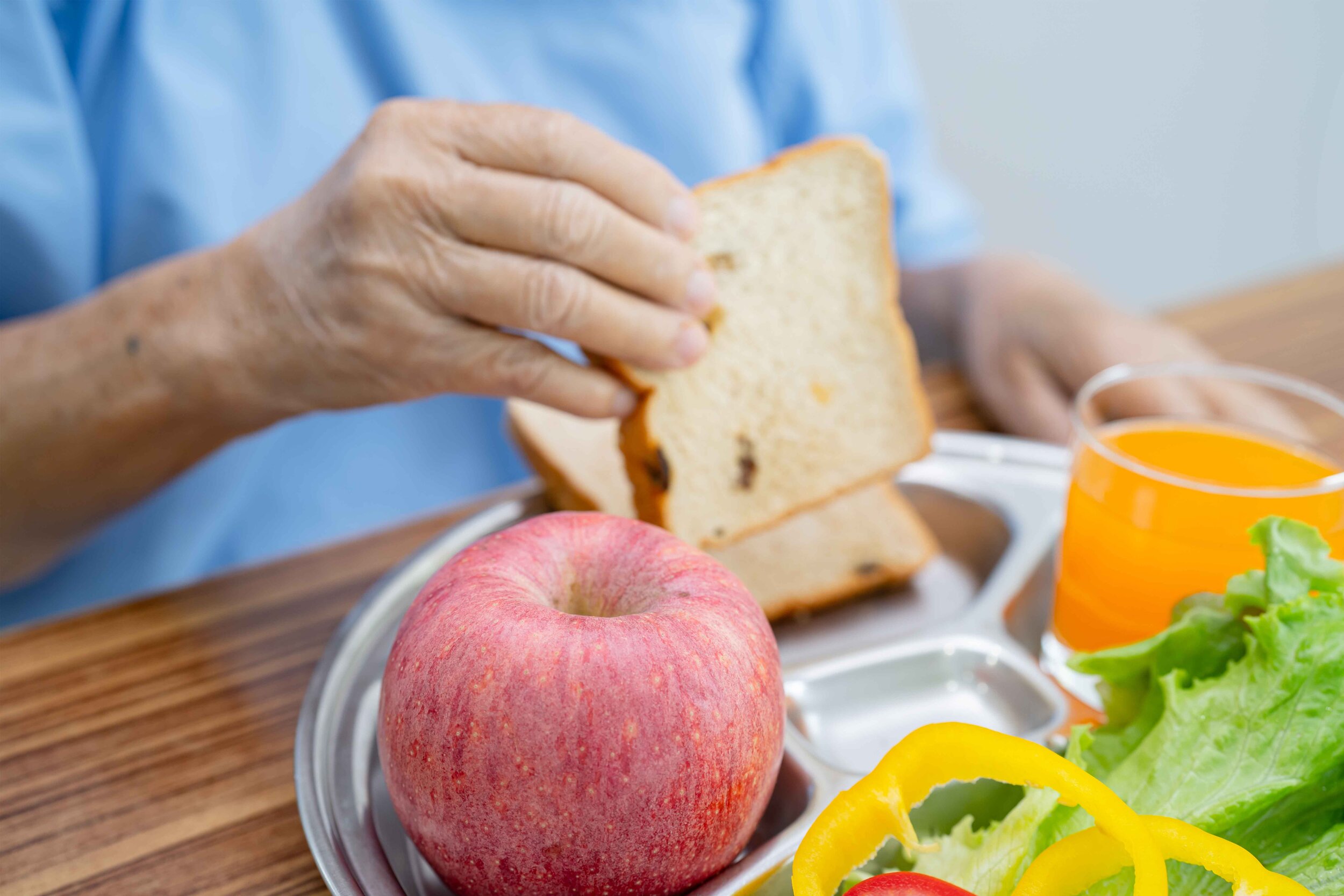Elderly Nutrition Basics
For various reasons, ranging from dental issues to dietary issues, it is understandable how the older population is at higher risk of malnutrition than their younger counterparts. Elderly nutrition is a hot topic as people are living longer than ever before.
Healthy food choices play a role in keeping those golden years as healthy as possible. Seniors can improve their diets by learning more about nutrition basics and how to make them a part of everyday life.
A great place to start understanding the basics of elderly nutrition is to check out Myplate from the U.S. Department of Agriculture. It’s a guide similar to the food pyramid but easier to understand. From recipes to quizzes and an overview of what a healthy plate looks like, it can guide you to better food choices.
Nutrition 101 for Older Adults
Hydrate Yourself
Dehydration is one of the more common problems in older adulthood. It can cause confusion, fatigue, and reduce the ability of the body to perform at its best. Proper hydration also helps with wound healing as well as maintaining a healthy weight. Try to limit the sugary drinks, and instead go for tea, coffee, water, or flavored water. If you like carbonated beverages, try flavored seltzer water.
If you struggle with drinking enough fluids throughout the day, try breaking it down. Seniors should drink about 1.7 liters of water per day, which equals a little over seven cups to drink throughout 24 hours. Break this down to how many cups you want to drink by noon, dinner, and then bedtime.
Increase Your Protein
Protein is vital in an older person’s diet, and studies show that seniors are not getting enough of it. Many adults understand that a good source of protein comes from meat. However, according to the CDC, nearly 1 in 5 adults aged 65 or older have lost all their teeth. Many seniors have dentures, and some have ill-fitting dentures making chewing difficult.
A protein powder or protein supplement can be very beneficial to add to your diet. The bonus is that you are hydrating yourself with protein shakes or by adding protein powder to your favorite drink.
Vitamins
Many seniors take medications and probably don’t want more pills added. The problem is that if nutritional needs aren’t getting met, then vitamin deficiencies will result and your body won’t function at its best. Talk with your doctor, but some vitamins to consider are a multivitamin, calcium with vitamin D, and a B complex vitamin.
Food Assistance Benefits for Improved Elderly Nutrition
Healthy foods can be expensive, and most seniors are on a budget. Thankfully, SNAP benefits are designed to help stretch your dollar. Be sure to check out our food assistance programs as well. UJCES has served the community for 50 years and continuously strives to find ways to improve the lives of older adults.
For any questions or for more info email us at info@ujces.org.

